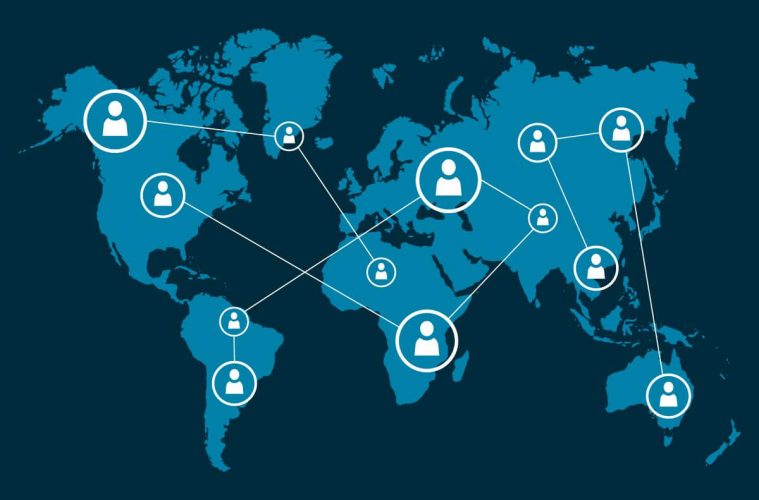The international labour market is loaded with talent.
No matter your project or desired profile, finding the most suitable person to stand for your company can be challenging. When it comes to finding the right individual to lead your business to global success, high-pressure decisions need to be made.
To bolster your strategies and boost your chances of success, follow these steps.
Build clear profiles
Your first task should be to outline your vision and expectations for each role. Every position comes with its challenges and niche requirements, so try to understand these before kickstarting the recruitment process.
Bring together everyone involved in the project. Try to define:
- Objectives: What does the role serve to achieve? Think of three objectives assigned to the successful candidate and consider the overall aims of the role too.
- Company needs: Why are you choosing to recruit, and which demands are you addressing by filling this role? Consider whether your existing team could cover the responsibilities.
- Longevity: What would you like the duration of the employment to be and what are the long-term prospects for development within the role?
Know which skills you’re looking for
With the labour market under intense pressure at a global level, securing the right talent increasingly comes down to the skill and direction of the recruiter.
Your teams need to carry out two main responsibilities: not only the recruitment process itself but sourcing individuals whose values align with your company’s. With job-to-job resignations falling to below pre-Covid levels, higher tenure makes the situation even more challenging.
Before starting an international recruitment initiative, you need to identify the most critical soft and hard skills. Knowing which talent your business benefits from will underpin your strategy.
Understand the nuances
International recruitment comes with certain issues that need to be addressed. These include, but are not limited to:
- Cultural aspects: From the language barrier to different business practices, you and your team need to develop a layer of understanding before recruiting in another country. Make sure you learn the etiquette before advertising the role.
- Legal requirements: There are different employment laws in each country. Your new team member might need specific permits or paperwork signing before they start.
- Compliance: Remember that the hiring process may work differently in the foreign market too, so you should study every hiring option to ensure you can operate legally and professionally.
Ensure fair and competitive compensation
Hiring in a different country means you’ll need to advertise a salary that falls in line with or exceeds the local averages. Before you open the position, conduct thorough market research to ensure that your vacancy will attract sufficient attention, especially among talented candidates.
Consider factors like the local cost of living and transportation too. Setting equitable salaries for a global workforce can be complex. It’s worth finding ways to leverage tools like global salary calculators, which can assist in determining appropriate compensation packages.
Manage time zones and remote work effectively
Finally, don’t forget that there will be additional logistical challenges once you’ve hired your new team members.
Coordinating colleagues across multiple time zones requires careful planning and flexible scheduling too. Maintaining productivity and morale across your different locations should be a priority: focus on company-wide initiatives, training programs, and networking opportunities.
With commitment and organisation, you can build an impressive and international legacy.


